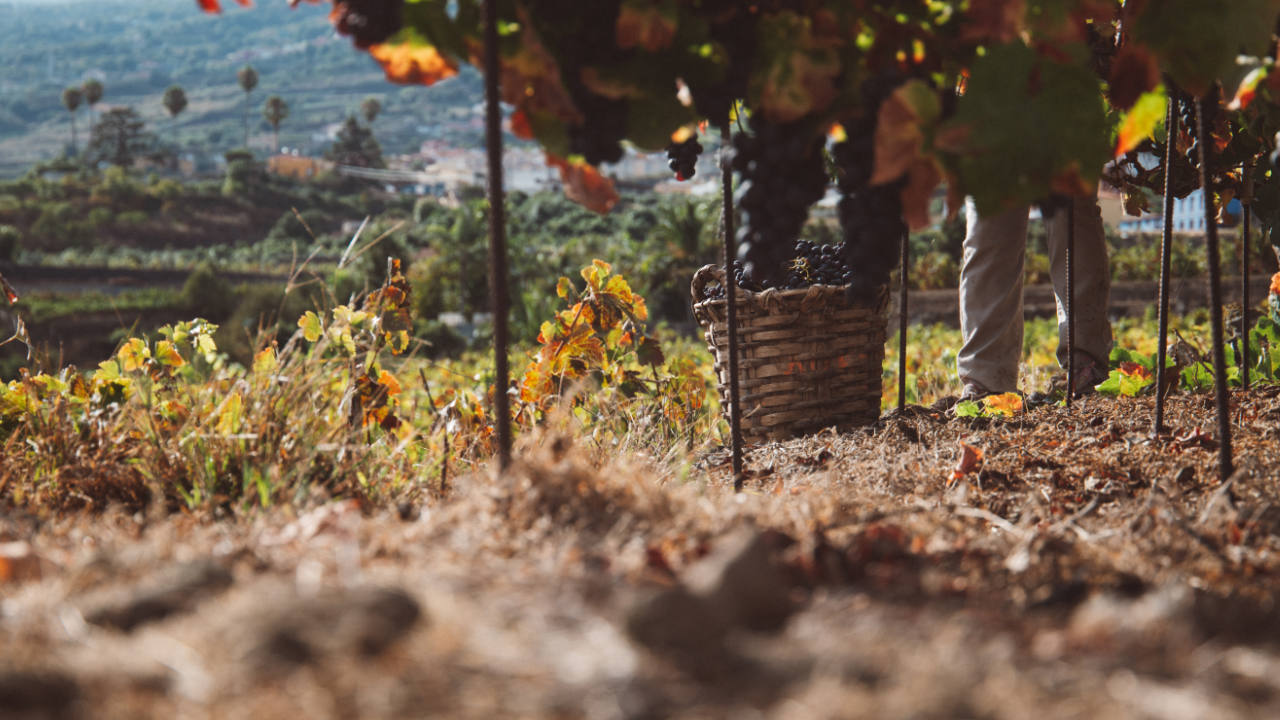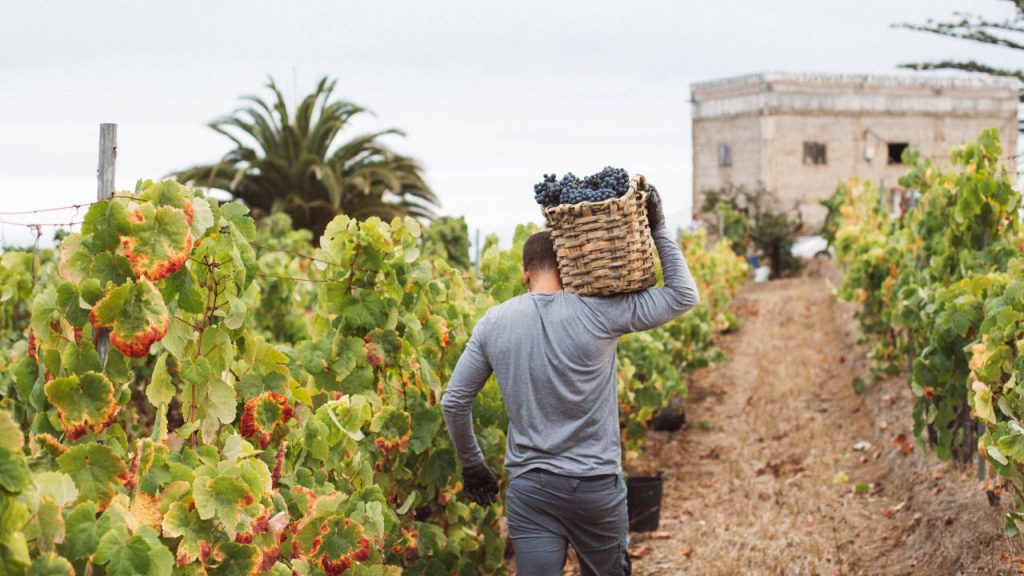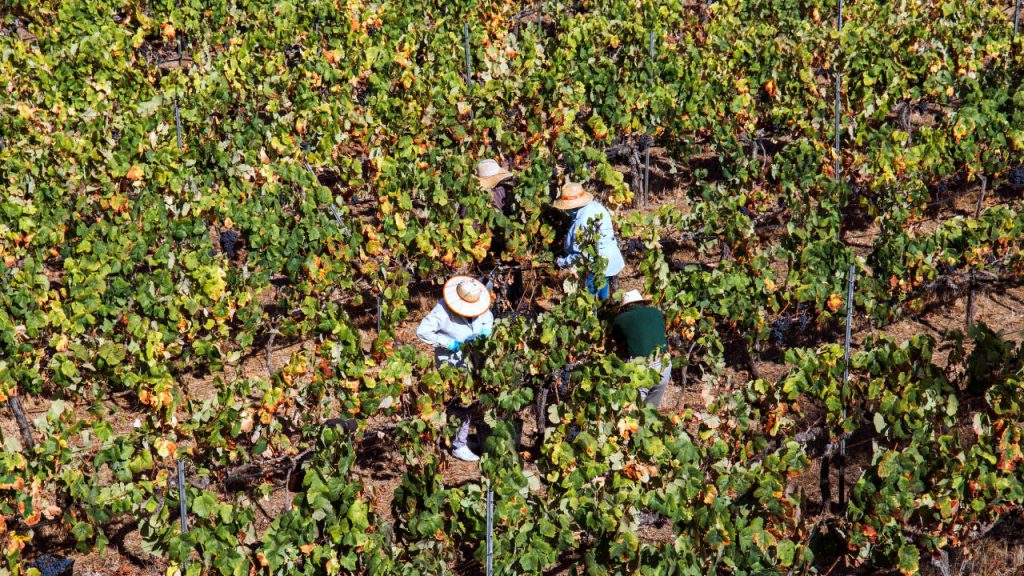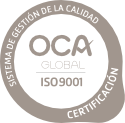The harvest campaign has come to an end in the different wineries belonging to the Canary Islands Canary Wine Denomination of Origin.
A vintage, long as usual, of medium production and excellent quality
Canary Islands, Tuesday, November 16, 2021. Three months after it began, the Canary Islands Canary Wine Denomination of Origin culminates the 2021 harvest.
This harvest has been average in production and excellent in quality, entering the grapes in the wineries assigned to the Denomination of Origin with an unbeatable state of health and very good parameters, which has resulted in fermentation without problems and wines that promise .
The year began with a good rain regime, which favored a good vegetative development of the plants, with episodes of persistent rains in summer – which caused some attack of mildew – and abnormally high temperatures for that time of year, although fortunately the has managed to maintain a medium production.
The Denomination of Origin Islas Canarias Canary Wine, currently made up of 351 winegrowers who deliver their grapes to 32 wineries attached to it, collected around 1,450,000 kilograms of grapes this year, a figure that exceeds the 2020 harvest in approximately 300,000 kilograms. Among the most widely introduced white varieties, Listan Blanco, Malvasía Aromática and Marmajuelo stand out, being the predominant red varieties Listan Negro and Vijariego Negro.
As a novelty for this year, first of harvest with the new Terms and Conditions in force, the recognition of the mentions Tenerife and Fuerteventura as minor geographical units stands out, and from now on it is possible to include on the label the name of these islands as long as they are grapes come 100% from the islands and has been made and bottled on the same island. Likewise, municipalities are recognized as minor units provided that the condition of origin of the grapes, elaboration and bottling within it is met. Both in the case of the Islands and the municipalities, these names may be reflected on the label with the same size as the PDO and the Regulatory Council will issue specific back labels for each case, as will happen with parcel wines.
In addition, and as a great novelty, the mention of Parcel Wine is accepted, which is that wine made from grapes from the parcels included in a place or rural site with edaphic characteristics and microclimate that differentiates it from those of its environment, adapting to the Law 6/2019 of Agrifood Quality of the Government of the Canary Islands.
This new Statement is nothing but the most effective tool that wine growers and wineries affiliated to the Canary Islands Denomination of Origin will now have to correctly differentiate, with the necessary guarantees for the consumer, their elaborations, putting in value the uniqueness of our Canary Wine.











